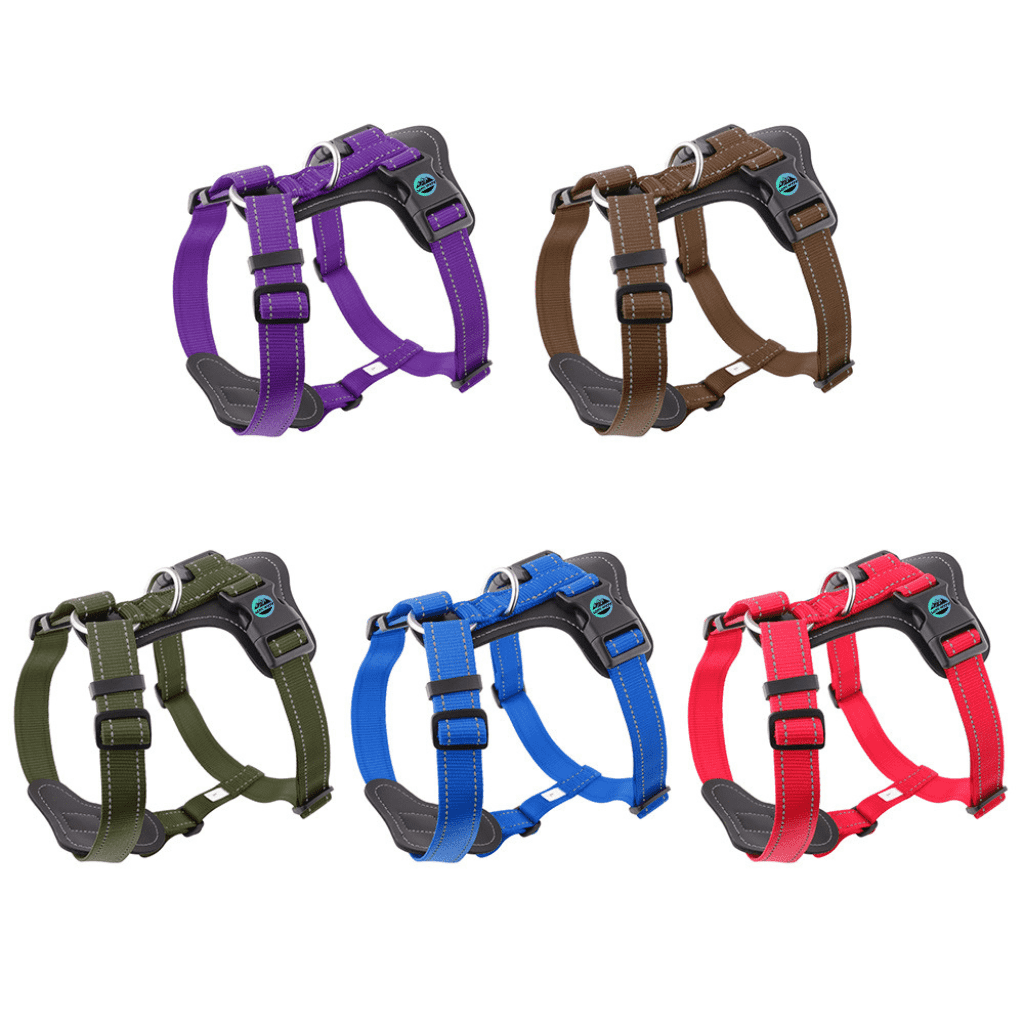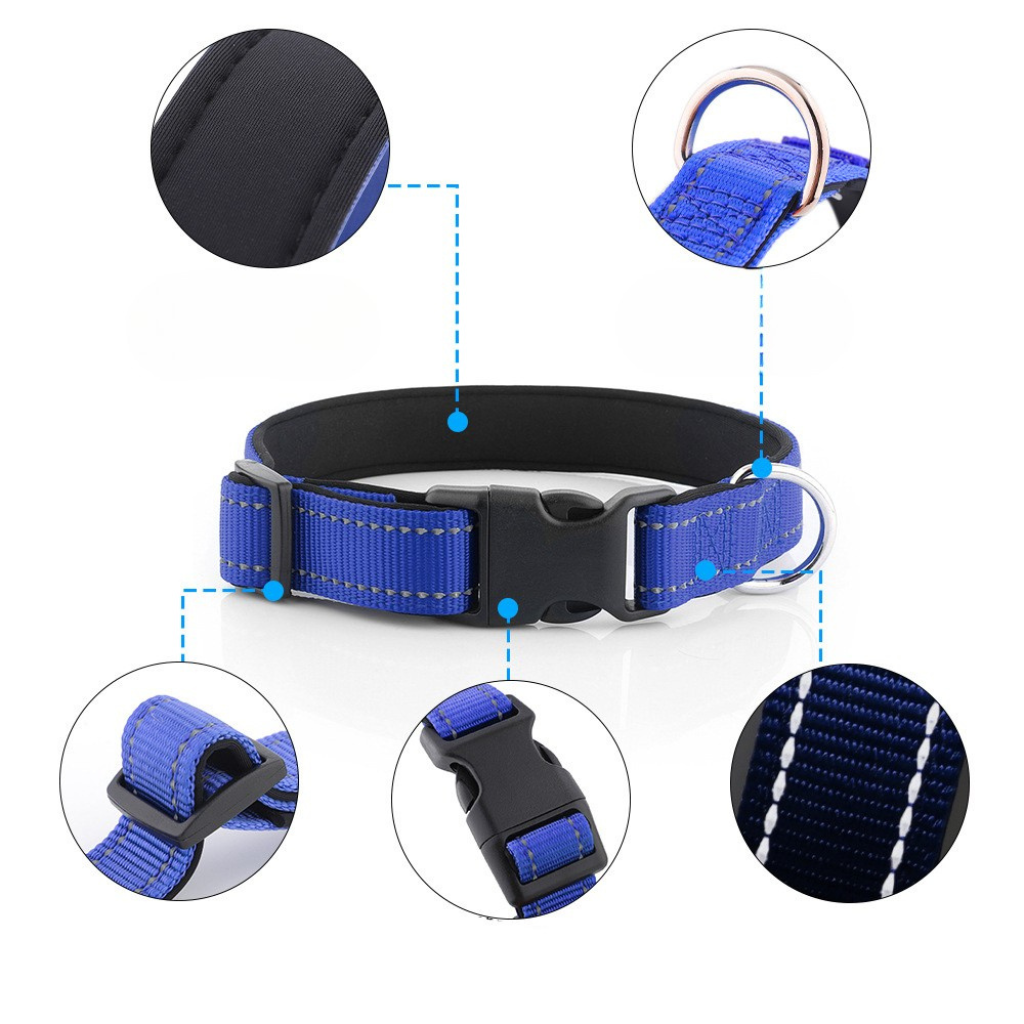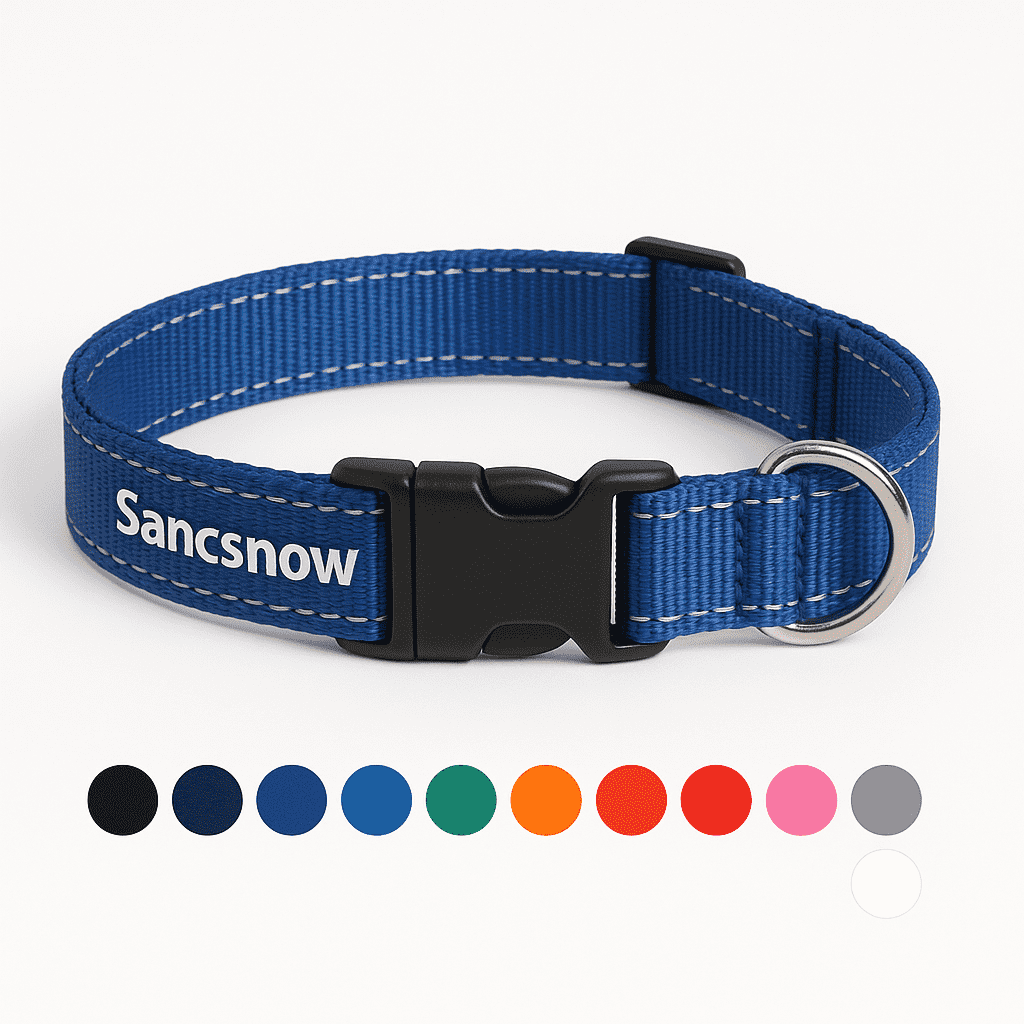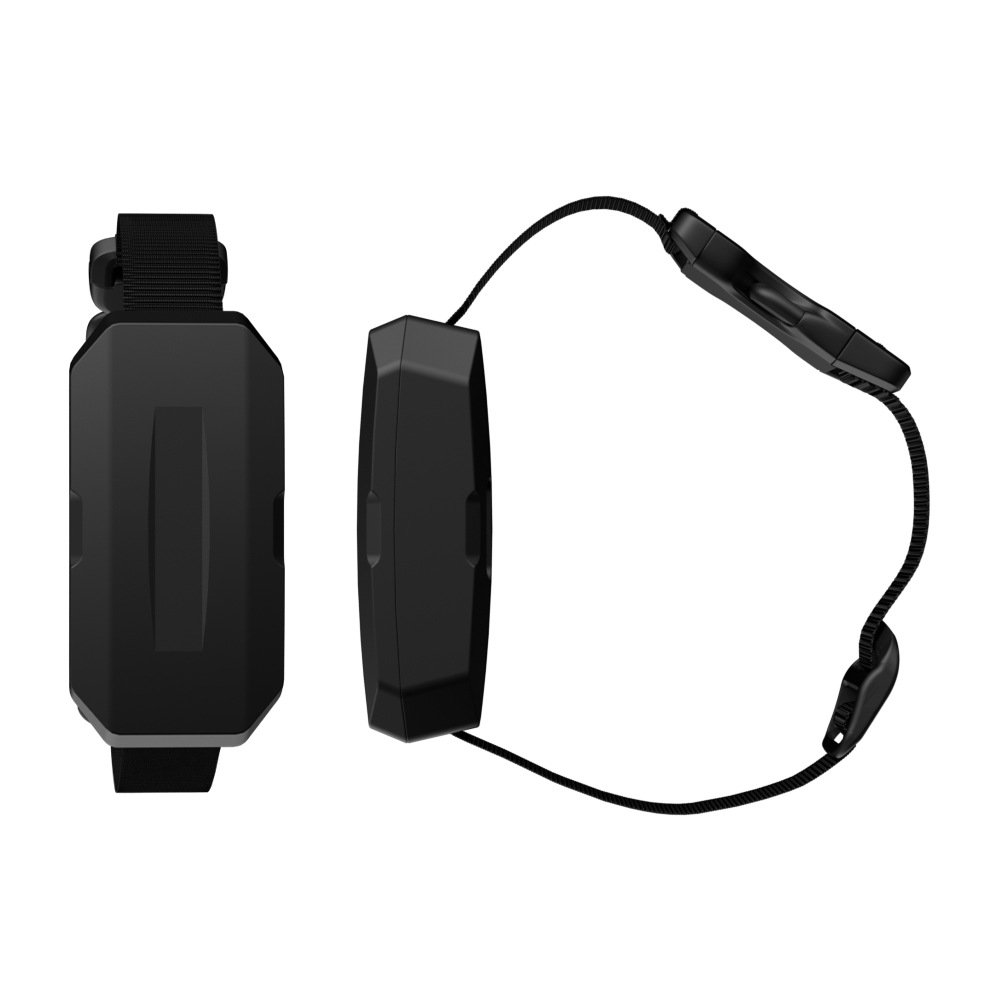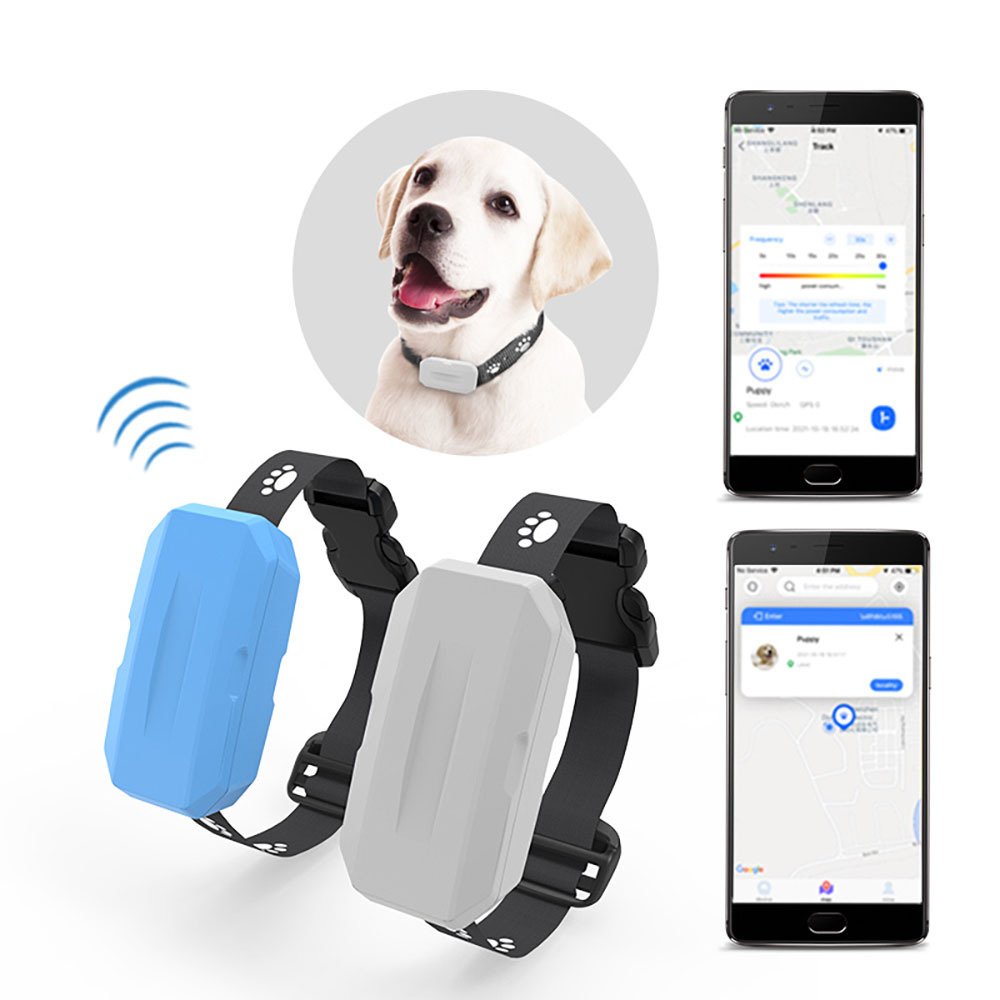
GPS Trackers for Dogs: A Smart Solution for Modern Pet Safety
Dogs are naturally curious and energetic. Whether it’s a quick sprint after a squirrel or anxiety during loud noises, even the most obedient dogs can suddenly disappear from sight. In recent years, GPS trackers for dogs have emerged as one of the most meaningful technological advancements in pet safety—not just for tracking, but for enhancing how we understand and care for our dogs.
What Exactly Is a Dog GPS Tracker?
A dog GPS tracker is a wearable device, usually attached to the dog’s collar, that communicates with satellites to provide accurate, real-time location data. Unlike a microchip, which is only useful once a lost dog is found by someone else, a GPS tracker lets owners actively locate their pets anytime, anywhere.
Depending on the model, these devices may offer mobile app integration, real-time alerts, movement history, and even health monitoring in some cases.
Why GPS Trackers Are Gaining Popularity Among Dog Owners
The rising popularity of GPS trackers isn’t just a tech trend. It reflects a deeper shift in how people view pet safety, responsibility, and emotional bonding. Here’s why more and more pet owners are embracing this tool:
1. Dogs Are Family—And Families Protect Each Other
Today’s dog owners are treating pets as true family members. This emotional connection is driving a demand for solutions that ensure constant protection and peace of mind. A GPS tracker isn’t just a gadget—it’s a security system for someone you love.
2. Increasing Urban and Suburban Risks
From traffic-heavy streets to unfenced backyards, our modern environments are filled with potential escape routes and dangers. Whether you live in an apartment, a house with a yard, or near the woods, dogs are prone to wander. A GPS tracker allows you to react immediately, before panic sets in.
3. Outdoor Activities Are on the Rise
Many owners now take their dogs on hikes, camping trips, and beach outings. In these open environments, the risk of a dog straying increases—especially when off-leash. GPS technology empowers owners to explore with confidence.
4. A Response to Lost Pet Statistics
According to multiple surveys, 1 in 3 pets will go missing at some point in their lives. Sadly, many are never reunited with their owners. GPS trackers offer a proactive response to this reality, helping to shorten the time between “missing” and “found.”
What Can a GPS Tracker Bring to Your Dog’s Life?
While GPS trackers are technically designed to help humans, their real impact is felt in the lives of dogs themselves. Here’s how:
1. Faster Recovery = Less Stress and Danger
When a dog gets lost, stress levels spike—for both owner and dog. The longer a dog is out in unfamiliar environments, the more risks it faces: cars, hostile animals, extreme weather, or dehydration. GPS minimizes these risks by reducing search time dramatically.
2. More Freedom, Less Worry
Some dogs love off-leash adventures, but their owners hesitate for fear of losing them. With a GPS tracker, dogs can enjoy greater freedom of movement while staying under a virtual “leash” of supervision.
3. Behavioral Insights Through Movement History
Certain trackers store your dog’s daily movement history. This can help identify behavior patterns such as restlessness, excessive pacing, or anxiety-triggered wandering—valuable data for improving both training and wellness.
4. Stronger Bond Between Dog and Owner
Trust is a key element of the human-dog relationship. When owners feel more confident and calm, they tend to spend more quality time with their dogs outdoors. That increased time together nurtures deeper emotional bonds.
Key Considerations Before Choosing or Using a GPS Tracker
GPS trackers are useful, but like any tech, they require thoughtful integration into your dog’s daily life. Here are some points to keep in mind:
Battery Life
Depending on how frequently you track, battery life can vary from one day to several weeks. Remember to recharge regularly, especially before outings or trips.
Size and Comfort
Ensure that the device suits your dog’s size. A bulky tracker on a toy breed can cause discomfort or even stress. Look for compact and lightweight designs for smaller dogs.
Environment Suitability
Some trackers are better for urban areas with dense signal coverage, while others are built for rural or forested areas. Check signal compatibility with your location.
Behavioral Adjustment
Some dogs may initially resist having a new device on their collar. Give them time to adjust, and use positive reinforcement to associate the device with positive experiences.
The Future of Dog Safety Is Connected
As technology becomes more integrated into daily life, it’s also reshaping the way we care for our pets. GPS trackers represent more than a location device—they’re part of a larger movement toward preventive care, smart pet parenting, and emotional security.
In the coming years, we can expect these devices to evolve further: pairing with health apps, offering temperature alerts, or even syncing with smart home systems. For now, what they offer is already powerful—freedom with safety, adventure with security, and love with protection.
Closing Thoughts
A GPS tracker won’t make you love your dog more—but it can help ensure that love never gets lost. As pet parents, it’s our responsibility to provide not just food and shelter, but also protection in the unpredictable moments. In a world full of open gates, loud noises, and fast cars, a GPS tracker is a quiet yet powerful way to say, “I’ve got you.”

